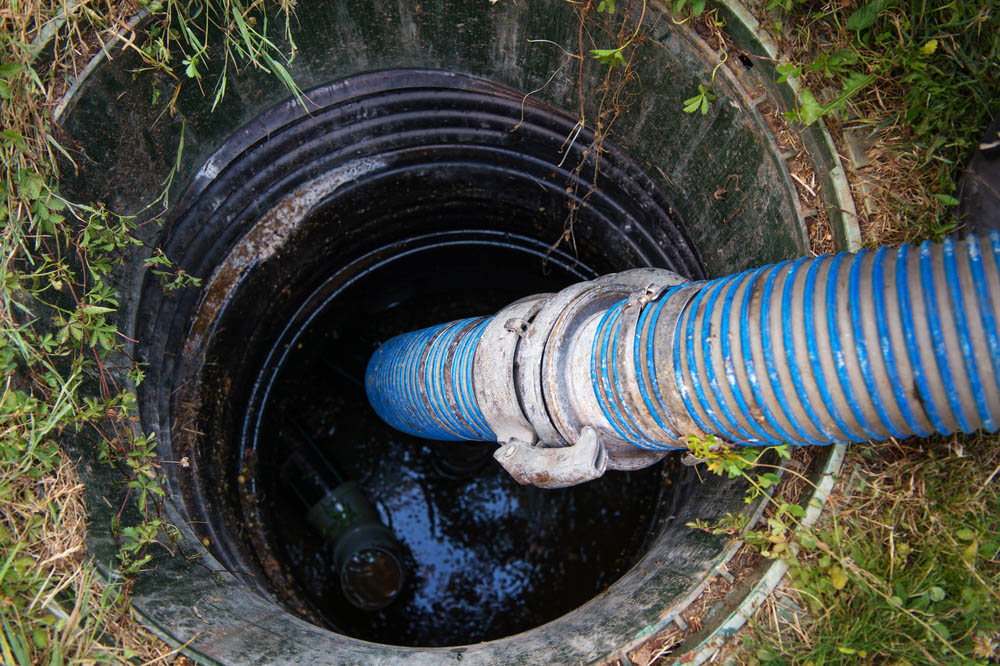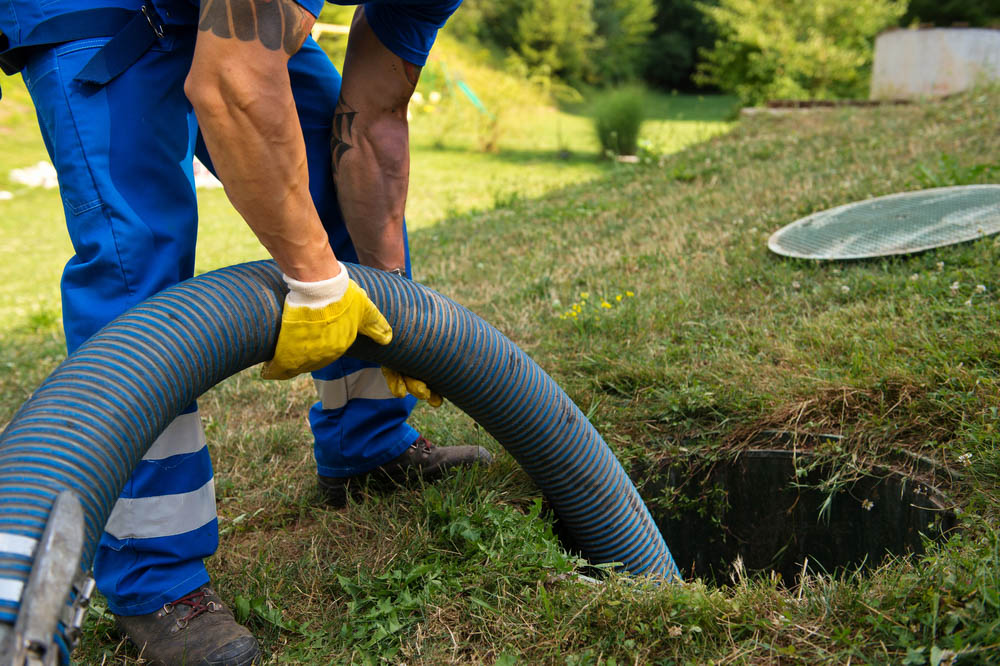
This might sound like a myth but there is a lot that revolves around the issues of pouring cooking oil or glycerin down you drains and into the septic tanks. In this article, you will get to understand the science behind the presence of cooking oil within your septic tank. Septic maintenance is all about following those small things that might jeopardize the efficiency of our septic tanks. According to septic service professionals, cooking oils should not be poured into the septic system basically because of a number of reasons that I am going to let you know through this article. Here are a number of facts why we should not pour cooking oil down the drain.
Cooking oil prevents decomposition of wastes
The need for bio decomposition is very crucial as far as septic maintenance is concerned. Did you know that cooking oil will always float on top of the water and the mixture of other wastes? Yes, that is correct. Whenever we release the cooking fat down the drain, it may not sink. Instead, it will form a barrier on top which inhibits the aerobic respiration of some of the crucial bacteria. Such bacteria are responsible for breaking down solid biodegradable wastes into. As far as we would want very good septic maintenance, the first idea to have in mind is the fact that cooking oils should not be released into the septic tank. This is simply because it limits the activity of the microorganisms that are known to break down the solid wastes into the water and slightly thick sludge. This is a substance that can be pumped out easily.
Cooking oils leads to death of crucial microorganisms within our septic tanks
The health of most of the microorganisms depends on the favorite conditions within the septic tank. With that idea, it is very important to avoid pouring cooking oil because it will clog the septic service hence making sure that the environment within the tank is well aerated. The aeration of the septic tank is very crucial for the viability or the crucial bacteria. With that idea in mind, it is very crucial to consider the fact that septic maintenance is all about keeping the bacteria that breaks down harmful substances alive. It is important to make sure that you avoid pouring cooking oil down the drain and keep these crucial microbes alive for as long as you can.

SEPTIC SYSTEM DO’S Instead of spreading loads on one day over the week, distributed laundry use.
- Make a continuous record of where your septic system’s main components are situated for future maintenance (i.e. septic pumping or field repair).
- Do you have regular septic pumping service?
- Keep septic pumping service records and maintenance of septic system documents.
- If feasible, use water-conserving equipment. There are frequently low-flush bathrooms and showerheads.
- Do you have lint traps on your washing machine manually cleaned?
- Check your system frequently for any pumps, siphons, or other moving parts.
- Remove or stop trees growing close to the leach field with big root systems.
- Keep surface water away from the leach field from the upslope or roof drains.
- Check your interceptor drain frequently to make sure it flows freely.
- Run water frequently in drains that are rarely used, such as sinks, tubs, showers, etc. to prevent building up noxious gasses and causing odors inside.